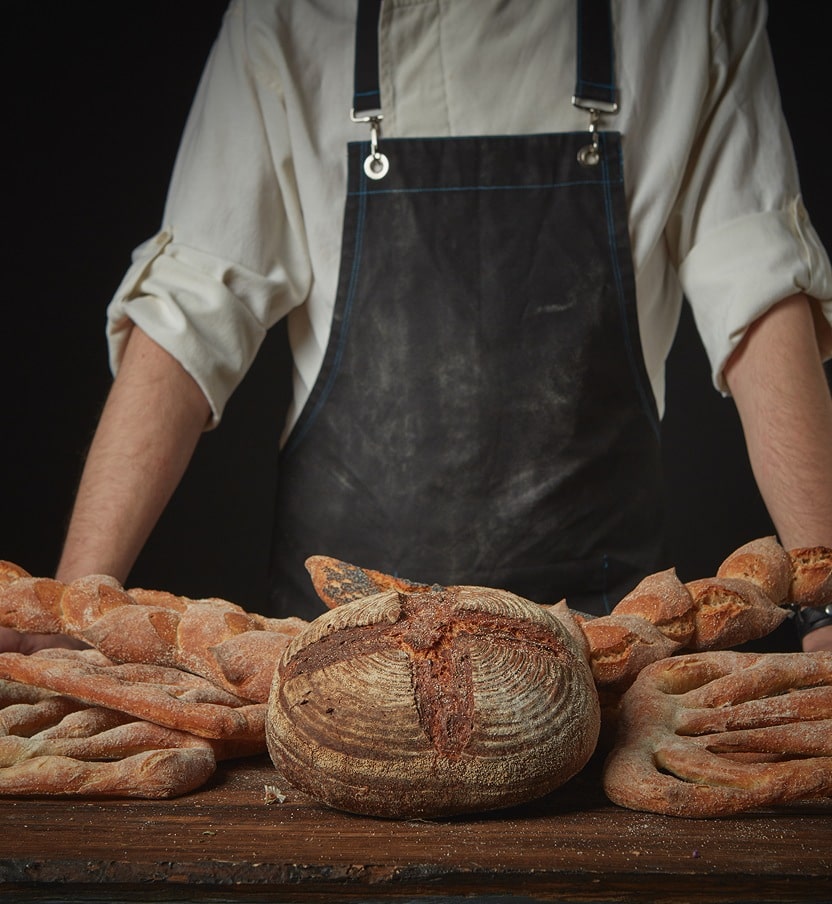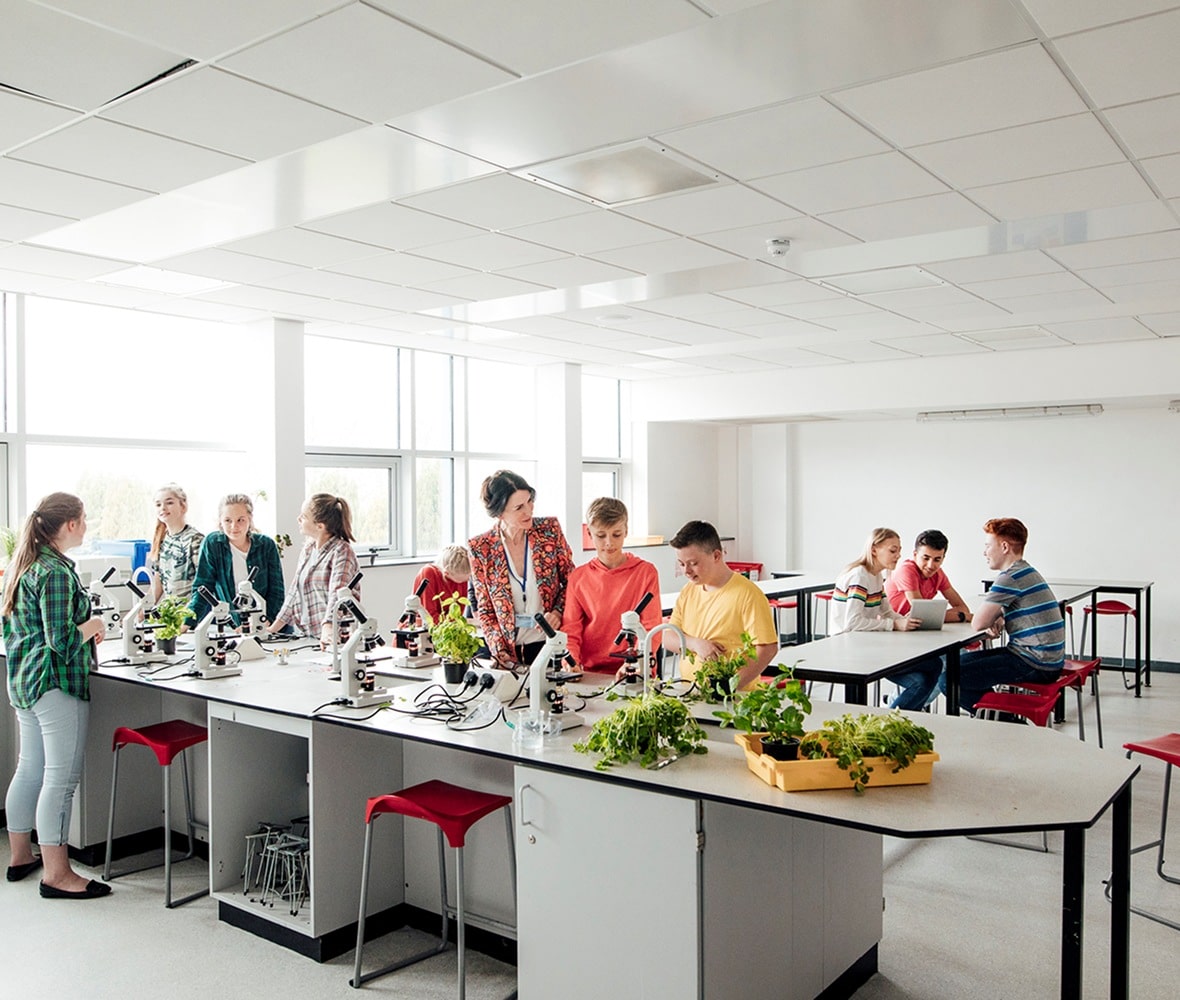




The Food Eco-Culture Edu project is dedicated to reshaping food and hospitality education across Europe. Our mission is to create an innovative, interdisciplinary approach that connects academic learning with real-world applications, preparing students to lead the food sector towards a more sustainable and inclusive future.
At Food Eco-Culture Edu, we believe that education is key to solving the challenges facing the food and hospitality industries today. By developing practical, research-driven resources and engaging students in hands-on learning through Living Labs, we aim to equip the next generation of leaders with the skills needed to drive change in their communities and industries.
Collaboration is at the core of our approach. We work closely with educators, industry professionals, and community groups to ensure that our work reflects the evolving needs of the sector. Together, we are creating a network of change-makers who are committed to building a more sustainable, inclusive, and resilient food system.
Join us on this transformative journey and be part of a movement that empowers students, educators, and communities to shape the future of food and hospitality. Together, we can make a real difference!




The Food Eco-Culture Edu project is designed to benefit a diverse range of groups, each playing a key role in shaping the future of food and hospitality education:
Our project directly serves over 300 students across four universities, offering them the opportunity to engage in online workshops, interdisciplinary learning, and hands-on experiences in our Living Labs. Students will gain invaluable skills to navigate and lead in the evolving food sector, helping to drive sustainable change.
40 educators from food and hospitality, as well as business and psychology disciplines, are integral to the project. They will contribute to curriculum development, pilot testing, and feedback, ensuring that the learning experience is practical, relevant, and responsive to industry needs.
Up to four community partners, including food banks, cultural groups, and social development organisations, will provide real-world insights into food systems. Their participation ensures that the curriculum is inclusive, socially aware, and addresses the needs of diverse communities.
Our collaboration with food and hospitality businesses, especially SMEs and cooperatives, ensures that the curriculum stays aligned with industry trends. Through partnerships in the Living Labs and curriculum feedback, these businesses help shape practical solutions that address current and future sector challenges.